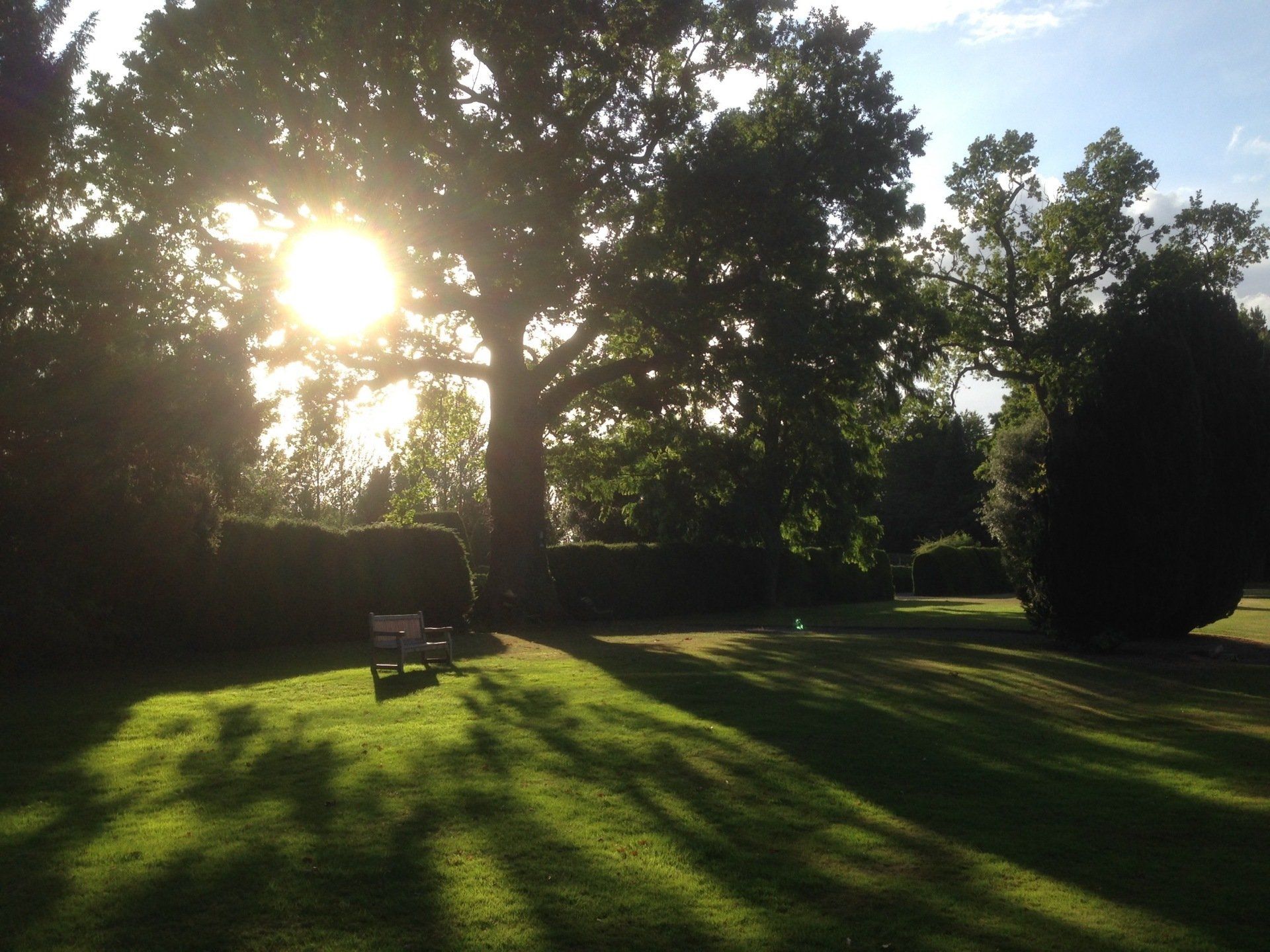Message of Abbot Paul - Wednesday 6th July
Abbot Paul • July 5, 2022

Message from Fr Paul for Wednesday, 6th July 2022
I usually help my mother to do her big online shop at a well-known supermarket once a fortnight and I can’t help but notice how the price of most things is rising steeply, sometimes by enormous increments. We can see inflation happening before our eyes: there’s no way you can camouflage the current situation. I am reminded of the galloping inflation we experienced in Peru in the late ‘80s. The government changed the name of the currency and was forced to chop off three noughts at a time on a regular basis. Thank God we had the support of Belmont parishioners and benefactors to keep soup kitchens going in over a hundred villages as drought added to our problems. One year we bought a new Toyota truck and by the following year we could only buy a new tyre for the same amount of money. Looking back, the fact that we and our people survived was a miracle, a veritable feeding of the five thousand. I have such happy memories.
Our Gospel passage today comes from Matthew, (Mt 7: 1-7), the calling of the Twelve Apostles. “Jesus summoned his twelve disciples, and gave them authority over unclean spirits with power to cast them out and to cure all kinds of diseases and sickness.” We are simply told that those called by Jesus were his twelve disciples, although we know that he had many more, both men and women. He shares his authority over unclean spirits with them and the power to cast them out, thus healing the sick and possessed. We are then told the names of the twelve apostles, a name that means ‘sent out on a mission’. “These are the names of the twelve apostles: first, Simon who is called Peter, and his brother Andrew; James the son of Zebedee, and his brother John; Philip and Bartholomew; Thomas, and Matthew the tax collector; James the son of Alphaeus, and Thaddaeus; Simon the Zealot and Judas Iscariot, the one who was to betray him.” This appears to be just a list of twelve names, beginning with Simon also called Peter and ending with Judas Iscariot, who was to betray Jesus. At times a family relationship is alluded to, occasionally a nickname, in the case of Matthew his work as a tax collector. Some become major protagonists in the early Church, others we hardly hear of again. We can see why they are called apostles: in the following verses we are told that they were sent out by Jesus. “These twelve Jesus sent out, instructing them as follows: ‘Do not turn your steps to pagan territory, and do not enter any Samaritan town; go rather to the lost sheep of the House of Israel. And as you go, proclaim that the kingdom of heaven is close at hand.’” They are the first to be given a specific mission: they are to go to the lost sheep of Israel and proclaim that the kingdom of heaven is close at hand. Although we say that bishops are the successors of the apostles, under their guidance and authority, we have all been sent out by Jesus to proclaim the Good News. A good exercise for us all is to ask ourselves each morning, as we begin our day: How am I going to proclaim today that the kingdom of heaven is close at hand? Where, how, and to whom? We could begin by just asking ourselves!









